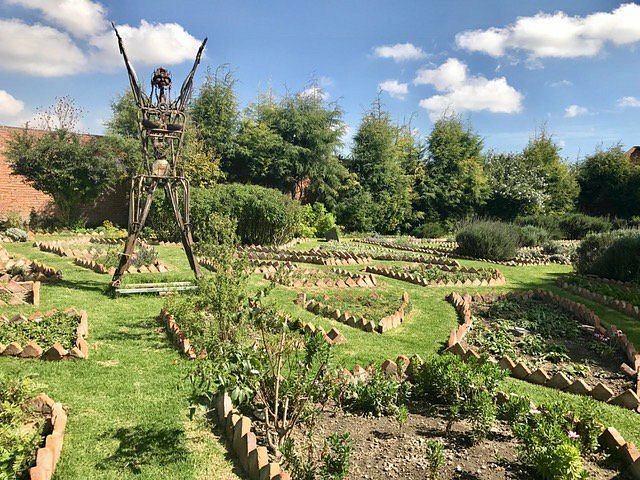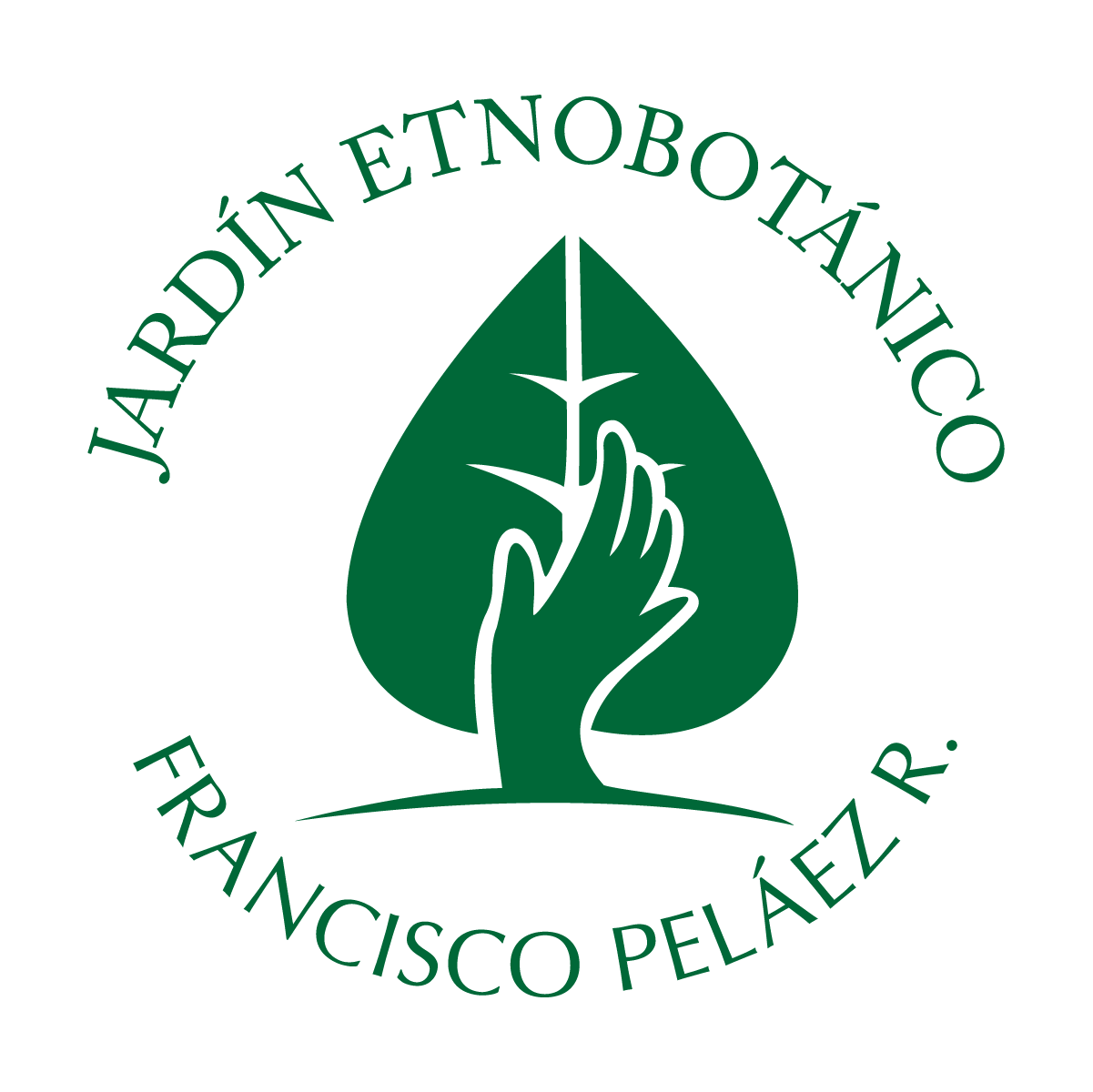



Keep this story going! Share below!
The Francisco Peláez Roldán Ethnobotanical Garden tackles a crucial challenge: the growing disconnect between humans and nature, which has resulted in biodiversity loss and environmental deterioration. Through a scientific, cultural, and educational approach, the garden preserves animal, plant, and insect species while creating meaningful experiences that raise community awareness about the importance of protecting the environment. As Paulina Rendón explains, “Our mission is to restore that lost bond with nature—because only by knowing it can we truly care for it.”
This innovation directly supports multiple UN Sustainable Development Goals. It advances SDG 15 (Life on Land) by protecting biodiversity and restoring natural habitats, SDG 12 (Responsible Consumption and Production) through sustainable practices and the use of local ingredients in its cafeteria, and SDG 4 (Quality Education) by offering workshops, tours, and activities that promote environmental learning. It also contributes to SDG 11 (Sustainable Cities and Communities) by creating green spaces that foster community participation and enhance urban well-being.
Ultimately, the Ethnobotanical Garden not only preserves nature—it teaches, inspires, and generates local economic opportunities. It stands as a living example of how a nature-based innovation can regenerate ecosystems while transforming society for the better.
The innovation of the Francisco Peláez Roldán Ethnobotanical Garden lies in its holistic approach that blends science, culture, and ancestral wisdom to promote environmental sustainability. Instead of focusing solely on plant conservation, the garden creates interactive learning experiences that reconnect people with nature and traditional knowledge. It integrates workshops, guided tours, and research collaborations that demonstrate how local ecosystems can thrive through community participation and education.
As Paulina Rendón shares, “We innovate by going back to our roots—by showing that ancestral knowledge is not something from the past, but a guide for a sustainable future.” This approach transforms environmental awareness into everyday action, inspiring visitors to adopt responsible consumption habits and to value biodiversity as a foundation for human well-being.

The inspiration for the Francisco Peláez Roldán Ethnobotanical Garden emerged from a deep concern about the growing disconnection between modern life and the natural world. Observing how urban development and consumer habits were distancing people from their ecological roots, the founders envisioned a space where science and ancestral knowledge could coexist to restore that lost harmony.
As Paulina Rendón explains, “We realized that people can’t protect what they don’t know—so we decided to create a place where they could rediscover nature, learn from it, and fall in love with it again.” This vision became the driving force behind an innovation that not only conserves biodiversity but also reawakens environmental consciousness in each visitor.
The innovation of the Francisco Peláez Roldán Ethnobotanical Garden has a broad and profound effect that includes social, economic, educational, and environmental dimensions. In the environmental field, the garden actively participates in the preservation of local biological diversity through the protection of plant and animal species and the promotion of sustainable practices such as reforestation and regenerative agriculture. In social terms, by including local residents in clean-up campaigns, workshops, and cultural events that promote ecological awareness and a sense of belonging, the community structure is strengthened. Educationally, it has transformed into a living classroom where students, researchers, and visitors acquire knowledge about ethnobotany, food sovereignty, and the importance of ecosystems, fostering a critical awareness from direct experience. It promotes local economic growth through the creation of jobs, support for producers in the region, and the provision of responsible tourism services, such as wildlife observatories, guided walks, or a cafeteria with inputs from the environment. It also allows the possibility of extending to other areas with analogous features, duplicating its regenerative model. Students at the Universidad Iberoamericana Puebla experienced this innovation by connecting emotionally with the garden's mission in their Aim2Flourish project, which also encourages empathetic leadership and active listening. The Ethnobotanical Garden, in its entirety, shows that it is feasible to produce a positive impact in all senses, where economic viability, the well-being of people, and the protection of the planet combine to build a more equitable and sustainable future. "Working in a place like this offers both physical and emotional benefits. Nature acts as a form of protection. It's a place that inspires you."
The innovation strengthens the Francisco Peláez Roldán Ethnobotanical Garden by positioning it as a leading model of sustainable tourism and environmental education in Puebla. Its holistic approach attracts visitors, researchers, and organizations interested in ecological preservation, generating both social and economic value. The workshops, guided tours, and collaborations not only promote environmental awareness but also provide income that supports the maintenance and expansion of the garden’s programs.
As Paulina Rendón highlights, “when people connect emotionally with nature, they return — and they bring others with them. That’s how sustainability becomes a shared movement.” This emotional connection has built a loyal community around the garden, ensuring its long-term viability while advancing its mission of conservation and education.
The Francisco Peláez Roldán Ethnobotanical Garden creates a profound positive impact on both society and the environment by fostering ecological awareness and collective responsibility. Through its programs, the garden educates visitors about biodiversity, native plants, and sustainable living, inspiring communities to adopt environmentally conscious practices. By restoring natural habitats and promoting local ecosystems, it contributes directly to environmental regeneration and climate resilience.
As Paulina Rendón explains, “Each person who visits the garden leaves with a new sense of respect for life—and that awareness multiplies.” The project also empowers local communities by generating green jobs, supporting artisans, and encouraging sustainable consumption. Ultimately, the garden strengthens social bonds while cultivating a culture of care for the planet, proving that environmental education can transform both landscapes and lives.
Get stories of positive business innovations from around the world delivered right to your inbox.

The Etnobotanical Garden Francisco Peláez, located in Cholula, Puebla, is a cultural and ecological center dedicated to the preservation of Mexico’s native flora. Founded to promote environmental education and sustainable living, the garden functions as a living museum where visitors can explore the connection between people, nature, and ancestral knowledge. As Paulina Rendón explains, “Our purpose is to keep ancestral wisdom alive while inspiring new generations to care for the environment.” Through workshops, guided tours, and research collaborations, the garden fosters awareness about biodiversity and the importance of conservation in everyday life.